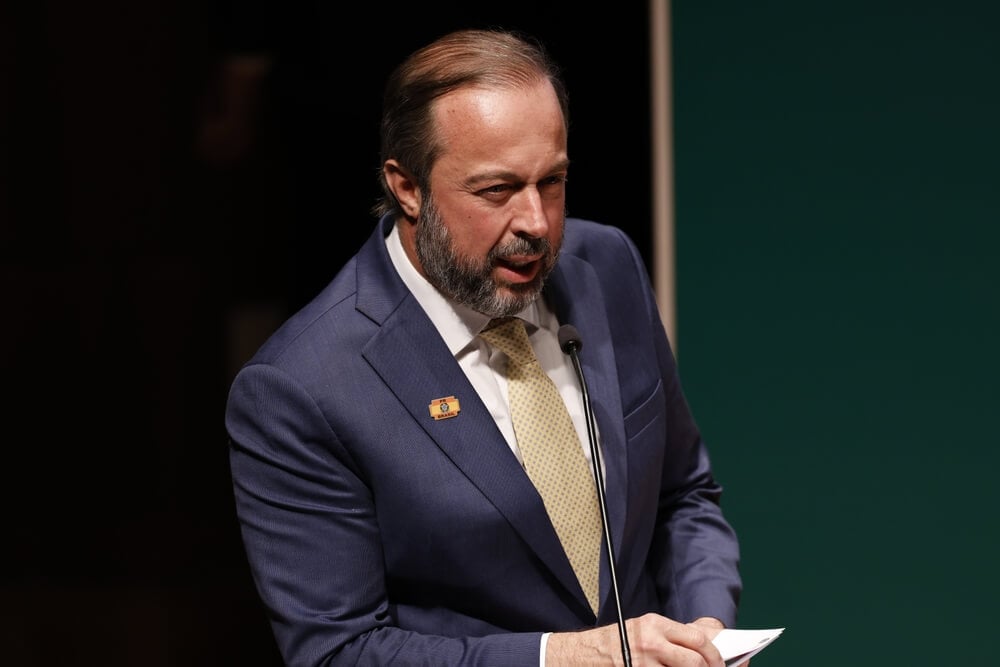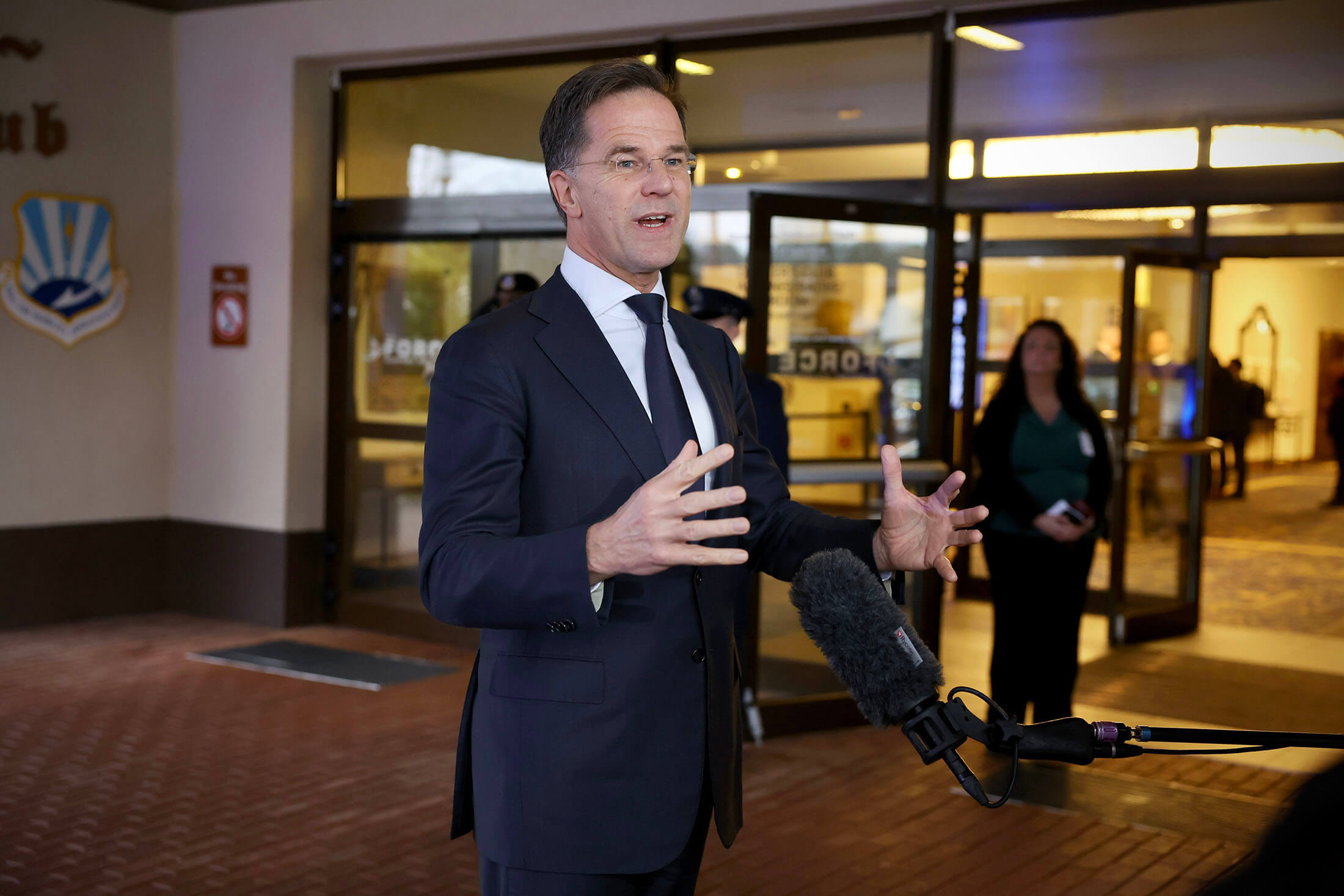What an impactful week we just finished. The World Economic Forum (WEF) in Davos is a remarkable event that gathers some of the brightest minds and most influential leaders in business, politics, and society towards the end of January each year.
This year's theme, "Collaboration for the Intelligent Age," proved timely and thought-provoking. It addressed the convergence of artificial intelligence (AI), robotics, and sustainable innovation. This is the first time we have seen a greater focus on technology and its impact on different industries and society.
With so many sessions available, I advise you to head back and watch those you may have missed. Here, I'll recap some key technological highlights that stood out for me.
Framing the Future
Klaus Schwab, World Economic Forum Founder and Chairman of the Board of Trustees, opened the 55th Annual Meeting. “This transition from the Industrial to the Intelligent Age is occurring at an exponential pace, carrying unprecedented risks for humanity as we strive to prepare and adapt for its complexities," he said.
Transition from the Industrial to the Intelligent Age offers significant opportunities to transcend our current challenges and spark a new renaissance - Klaus Schwab
“Yet, it also offers significant opportunities to transcend our current challenges and spark a new renaissance, one defined by advancements in knowledge, health, culture, and societal welfare.”
Børge Brende's closing speech echoed this sentiment but with cautious optimism. He mentioned how this week has shown us what is possible when we harness technology for good.
Hitachi Energy
Hitachi Energy CEO Andreas Schierenbeck met with Brazilian Minister of Mines and Energy Alexandre Silveira. They reaffirmed their commitment to play a pivotal role in enhancing Brazil’s energy infrastructure and fostering a more resilient global supply chain.
 Hitachi Energy and Brazil reaffirmed their commitment to play a pivotal role in enhancing Brazil’s energy infrastructure and fostering a more resilient global supply chain - Alexandre Silveira
Hitachi Energy and Brazil reaffirmed their commitment to play a pivotal role in enhancing Brazil’s energy infrastructure and fostering a more resilient global supply chain - Alexandre Silveira
Building on 70 years of heritage in Brazil, Hitachi Energy recently announced an investment of over $200 million to expand transformer operations in the country to address increased global demand. This move isn't just about technology or money; it's about reshaping how we power our world.
AI and the Energy Transition
AI's role in the energy sector extends, of course, beyond Hitachi. Several panels discussed this topic, and one that stood out was GZERO Media's "AI in 2025: The "new electricity" could create huge economic growth."
It was moderated by Becky Anderson, Anchor & Managing Editor of CNN Abu Dhabi.
It featured Ian Bremmer, President and Founder of Eurasia Group and GZERO Media; Nadia Calviño, President of the European Investment Bank; Ngozi Okonjo-Iweala, Director General of the WTO; Brad Smith, Vice Chair and President of Microsoft; and Peng Xiao, CEO of G42. They all shared unique insights into the opportunities and challenges of the AI revolution.
The intersection of AI and renewable energy is poised to be one of the most transformative areas in technology
They mentioned how the focus has shifted to the ways technology, when used correctly and ethically, as I often mention, can enhance human life. AI now holds the potential to contribute up to $20 trillion to global GDP over the next five years.
The intersection of AI and renewable energy is poised to be one of the most transformative areas in technology, and the conversations at Davos underscored its critical importance.
If you want to understand more about the impact of these technologies from an economic point of view, make sure to follow fellow columnist Professor Dr Emre Alkin, who shares his expert opinion on these critical topics.
Cisco: Building the Intelligent Infrastructure
Cisco CEO and Chairman Chuck Robbins said this is the year of enterprise AI. He feels Cisco is making leaps when it comes to underpinning the GPU clusters in the cloud providers, and they have a lot going on the infrastructure side.
Did you know in a survey they recently did, they found that only 13% of its enterprise customers feel fully ready to capture AI’s potential, but some 90% feel pressure to make sure they are out in front of AI development? Robbins thinks 2025 will be the year we are going to see enterprises deploy lots of applications.
"Connectivity is the backbone of progress" - Chuck Robbins
Cisco is positioning itself as a key enabler of the intelligent age. "Connectivity is the backbone of progress," their CEO noted during a panel discussion, and I fully agree. Anyone who still does not see technology plays a key role in our future will be left behind.
Technology In the World
This panel was real, and it is how everyone should talk moving forward. Mark Rutte, Secretary-General of the North Atlantic Treaty Organization (NATO), joined Marc Benioff, Chair and CEO of Salesforce, to discuss how to ensure technology drives solutions rather than creates challenges.
 Mark Rutte, Secretary-General of the NATO, joined Marc Benioff, Chair and CEO of Salesforce, to discuss how to ensure technology drives solutions rather than creates challenges
Mark Rutte, Secretary-General of the NATO, joined Marc Benioff, Chair and CEO of Salesforce, to discuss how to ensure technology drives solutions rather than creates challenges
To ensure that happens, we must adopt a multi-faceted approach. This begins with designing systems that prioritise inclusivity, ethics, and sustainability at their core. By focusing on people, policies, and purpose, we can continue to harness technology as a force for good.
Developers and organisations must embed robust governance frameworks that anticipate and mitigate risks, such as bias in AI algorithms or environmental impacts of large-scale computing.
Collaboration between the public and private sectors continues to be crucial, as is transparency to foster trust.
What the New Intelligent Age Means
The overarching theme of the forum, "Collaboration for the Intelligent Age," invites us to rethink what intelligence means in a world where AI systems can outperform humans in specific domains.
The intelligent age is not just about machines; it's about redefining human potential. But how do we leverage AI to enhance our capabilities without losing sight of what makes us uniquely human, our creativity, empathy, and capacity for critical thought?
That is a question I leave everyone to think about.
In Essence
The technologies and issues discussed during the forum can and will transform our world in many ways.
The intelligent age we now embrace will clearly require technological innovation, global cooperation, robust governance, and a renewed commitment to equity and sustainability. I cannot highlight this enough.
"Technology is a tool, not a destiny. Its value lies in how we use it" - Børge Brende
Børge Brende's closing words resonate with everyone: "Technology is a tool, not a destiny. Its value lies in how we use it."
My question to you is, are you ready to embrace this new era?